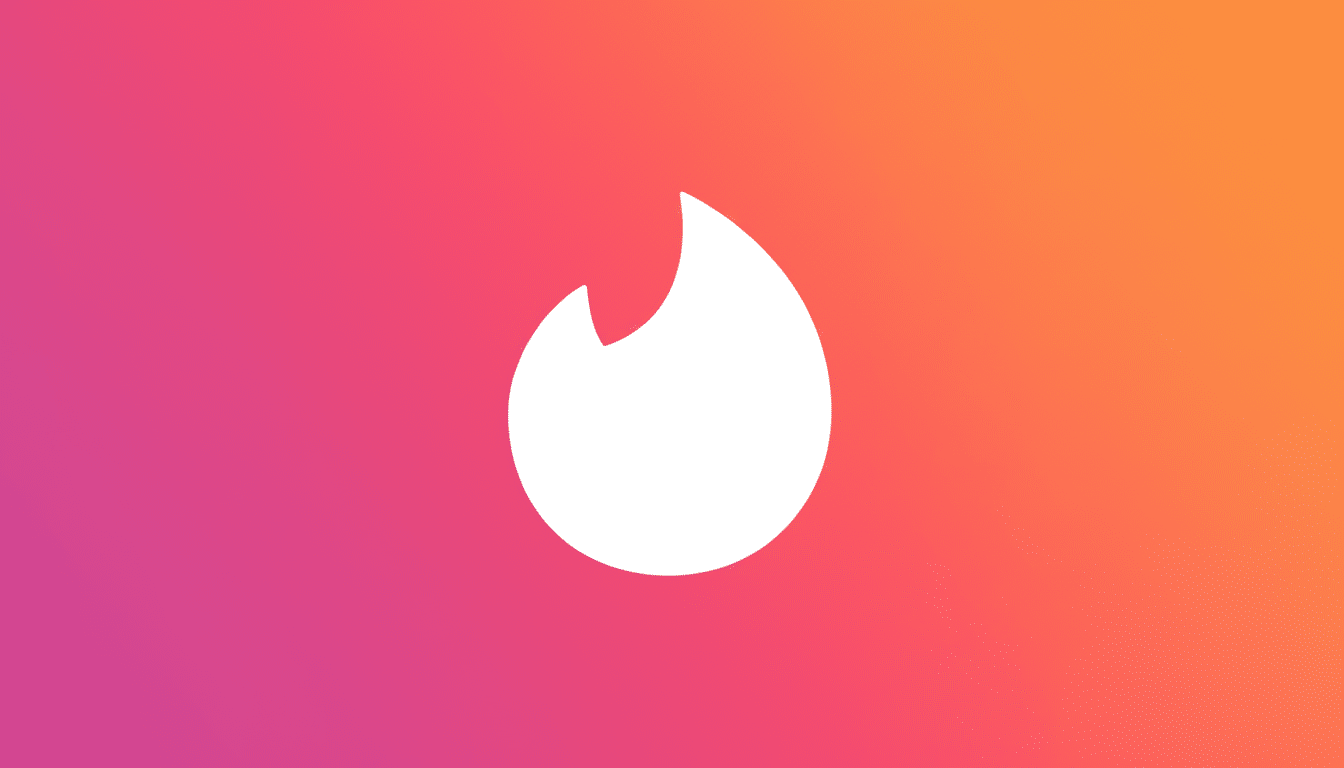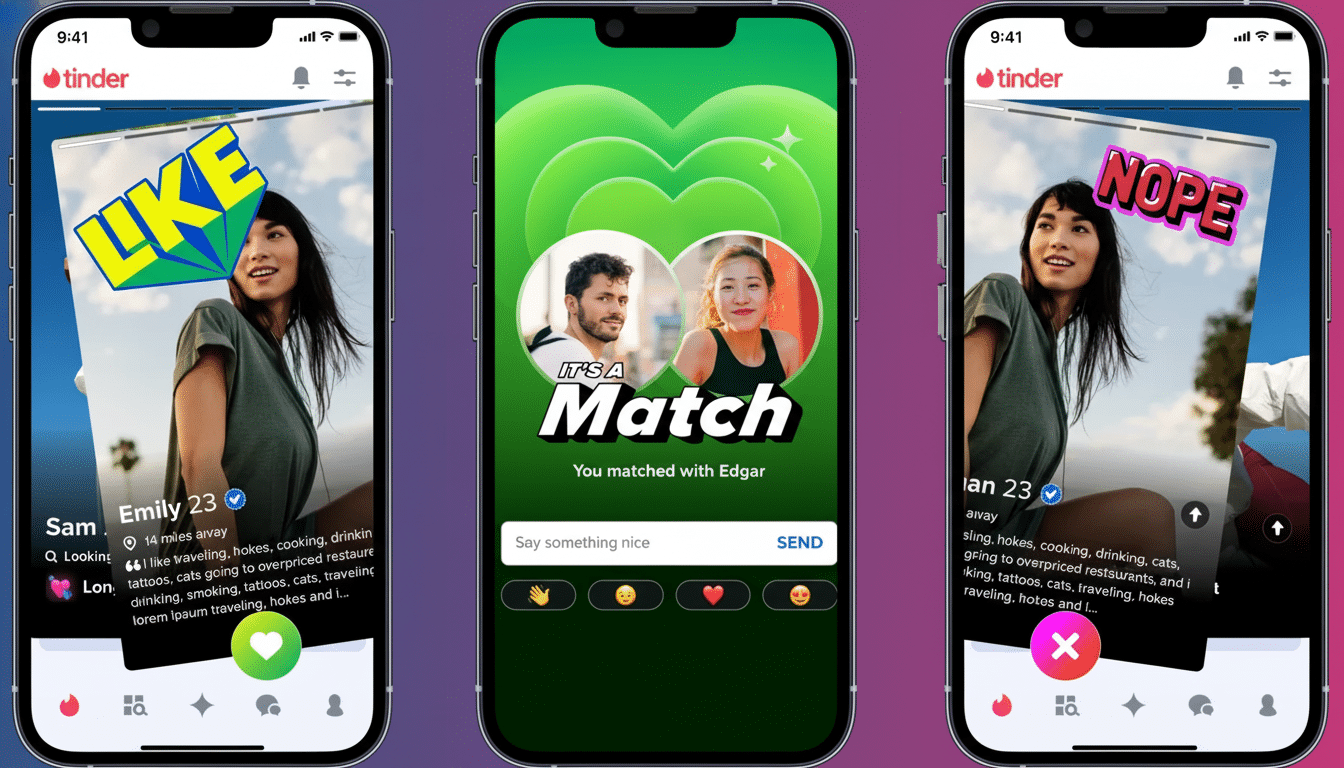Matchmaking apps are no longer just for love connections. A new survey has found that 34 percent of swipers were using these apps for career purposes in the past year, signaling that networking is going places it historically wasn’t structured to accommodate.
The findings, from a ResumeBuilder.com survey of 2,225 dating app users, indicate a quiet but profound shift in how people approach their professional lives. And nearly 10 percent said career goals are their No. 1 reason for clicking on these apps.

Career Networking Is Shifting To Dating Apps
Users were most likely to look for these types of connections on Tinder, Bumble and Facebook Dating, though options like Hinge, Match and OkCupid were also noted. Though some platforms have played with corporate-friendly features in the past, most of this activity is grassroots and user-driven — users add “open to networking” to bios, trade industry tips in chat and migrate promising exchanges off-platform to email or over coffee.
Why do it? Professional sites often feel impersonal and transactional, many say. Career advisers observe that dating apps can bring a more personal touch to earnest conversations — making it all human first, pitch second. In the survey, 58 percent described the strategy as creative or strategic, and 56 percent said personal connections are still the best way to get a job.
Who Is Doing This and What They Want From It
The behavior spans generations. Use was consistent across age groups: 35% for those 18 to 24 years old, compared with 34% for those ages 29 to 44 and another 33% among those ages 45 to 55. This was reported by a higher percentage of men than women (37% vs. 30%).
Goals varied, but were fully professional: 63% said they wanted to expand their network, 42% desired a referral, 40% wanted a job offer, 38% sought a mentor or advice and 34% hoped for an interview. The approach seems surprisingly effective: 88 percent of those who attempted it said they had successfully made a connection for career-related purposes, while 51 percent met that person in real life.
The Current Labor Market Context for Job Seekers
The job market continues to be a mixed bag, with plenty of entry-level positions automated or re-scoped and stiff competition for open jobs. Most industry surveys such as Jobvite’s Recruiter Nation consistently list referrals among the top sources for quality hires. In that context, it makes sense that 42% of respondents cited a difficult hiring climate.

Relatively choppy government labor data in some segments of the economy and sticky churn in others are prompting job seekers to expand their methods beyond posting applications to job sites and networking the old-fashioned way. This is just the latest testament to an increasingly blurred line between personal and professional networking across all of digital life — dating apps are no different.
Etiquette and Boundaries Matter When Networking on Apps
There’s a way to do this properly. Users who have success usually keep the first message a little more friendly, indicate they’re open to professional chat in their bio and eschew a hard sell. When the discussion shifts to career-oriented topics, they get to LinkedIn or email in a hurry. This honors the app’s core intent but still captures potential.
There are also safety and terms of service matters. Most apps are designed for dating; a direct solicitation or spammy behavior can get accounts flagged. Once intent is established and consent expressed, an early move toward professional channels is for the good of all.
What It Means For Platforms And Employers
For app creators, the data points to latent demand for lightly structured professional discovery — not a full-fledged job board, but features that allow users to indicate they’re “open to networking” without veering off into the weeds of a dating platform. Platforms like Bumble tested out a network-specific feature in the past, and this survey indicates it hasn’t gone away.
For recruiters and hiring managers, the lesson is clear: talent sourcing has spilled onto unexpected channels. Savvy teams will go to candidates where they are spending time, but be clear about their terms and documentation so that what goes into hiring remains fair and legal.
Bottom Line: Dating Apps Are Emerging as Networking Hubs
With 34 percent of people using dating apps for job reasons — most saying it led to a good outcome — the swipe-by-lunch break has gone from fringe to mainstream. In a relationship-driven market, people are finding them wherever the actual conversation feels real.

